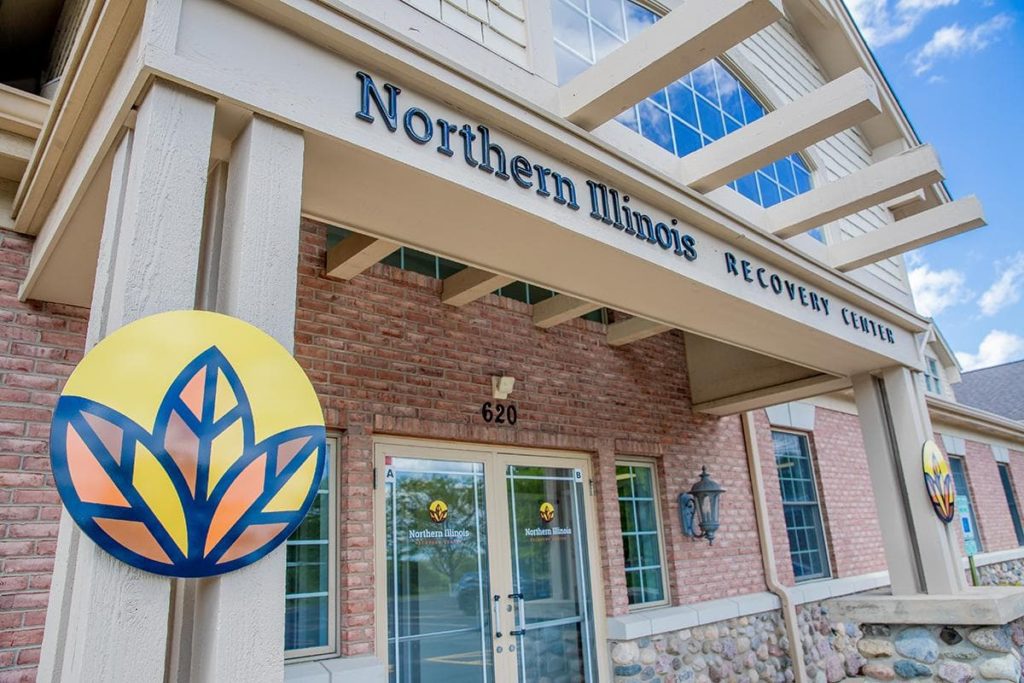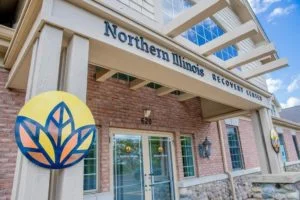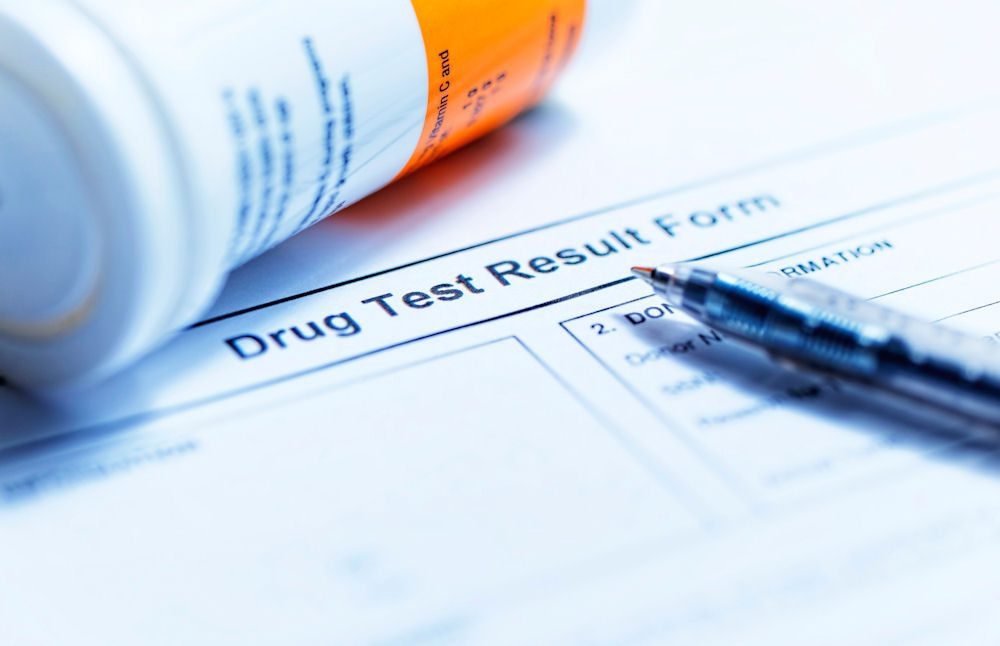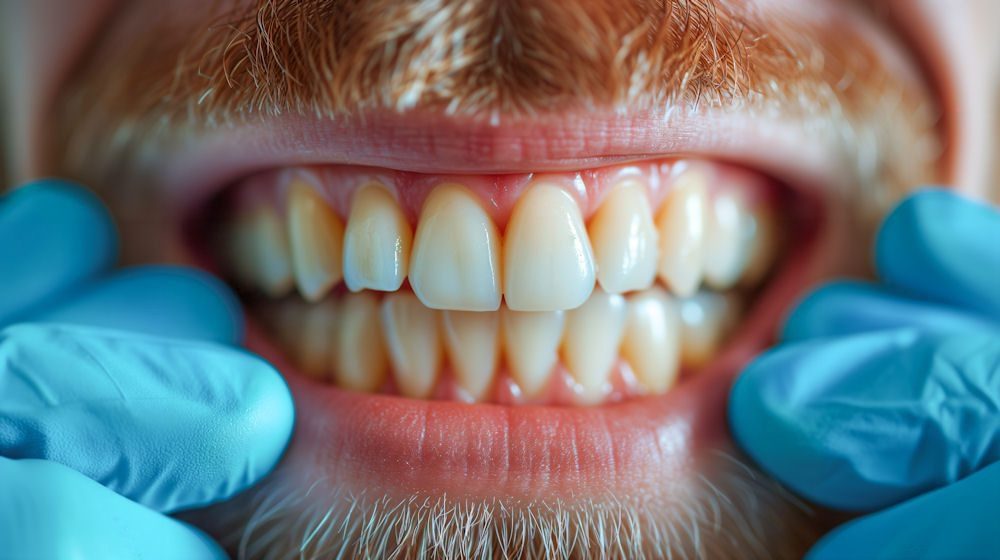Alcohol and Drug Rehab near Chicago
You need the services of a drug rehab facility to break free from substance abuse. However, most people who need rehab treatment do not even accept that they have a problem. Living in denial is the biggest hindrance to seeking treatment. If you are battling an alcohol or drug use disorder, seek professional help immediately. At Northern Illinois Recovery, we can help you learn more about drug treatment options near Chicago.

Jump to Section
Recover Without Significant Daily Routine Changes
If you want to treat your substance use disorder without making major changes to your daily schedule, you can join an outpatient drug rehab program.
The program is often necessary because of schooling, family, and career obligations. For example, if a loved one is remaining with only three months before graduating from university, removing such an individual from school may not be the best option.
An outpatient treatment plan can provide the needed care without interfering with other routines. The program allows you to put to practice the skills you learn in rehab immediately. Therefore, it enables you to evaluate a treatment plan’s effectiveness and make necessary changes without finishing rehab first.
At rehab, you can learn coping skills through various therapies, including:
- Family therapy program
- Group therapy program
- Recovery coaching program
- Cognitive-behavioral therapy (CBT)
- Dialectical behavior therapy (DBT)
The program requires you to take personal commitment, responsibility, and accountability for your recovery. You will come into the facility and leave as you please, interact with peers, and choose places to tour. You will not be under close monitoring, as is the case in a residential rehab plan.
Outpatient treatment can be as effective as residential treatment. However, you need to adhere to your therapist’s instructions and advice throughout the treatment process.
Residential Treatment Plans

Residential drug treatment is the care you receive when living in the rehab facility. You will need to relocate from your home to a rehab center during treatment.
Some individuals may not be willing to seek professional drug treatment, even if it is evident that they are in dire need. It sometimes takes a court order to force such people to check into rehab, especially to prevent severe consequences. In such cases, you may need to attend residential drug treatment against your will.
However, most of those who want to overcome substance abuse check into rehab after deciding to do so as part of the drug detox process. If you check into a residential rehab facility, you will meet various experts, including:
- Medical doctors
- Nurses
- Nutritionists
- Therapists
- Health and wellness experts
Once you join a rehab center, you have fewer chances of developing life-threatening conditions, including stroke and seizures, during detox. The treatment team can help evade such consequences. Round-the-clock medical monitoring helps manage the situation when you begin to suffer severe withdrawal symptoms.
Life After Leaving a Drug Rehab Facility
Recovery from drug abuse is often a lifelong journey that does not end with a residential rehab program. Relapse can occur as soon as you complete residential treatment.
Most people find it hard to live a healthy life because they lack a reliable social support system at home. Continuing to interact with like-minded people who have walked your journey can provide you with vital support to withstand triggers.
As such, alumni programs and aftercare services are ideal.
Contact Northern Illinois Recovery to Start Rehab
Do not continue grappling with substance use disorders when you can live a drug-free life with the help of rehab professionals. Get in touch with a drug rehab center near Chicago today and begin your journey to a healthy life. Contact Northern Illinois Recovery at 855.786.1978 to start the process of recovery.


Licensed Physician and Surgeon
Dr. Beth Dunlap, a board-certified addiction medicine and family medicine physician, and is the medical director at Northern Illinois Recovery Center. She is responsible for overseeing all the integrated medical services at both campuses. Beth completed medical school, residency, and fellowship at Northwestern University, where she continues to serve on the faculty as a member of the Department of Family and Community Medicine. She has extensive experience in addiction medicine at all levels of care, and her clinical interests include integrated primary care and addiction medicine, harm reduction, and medication-assisted treatment.













